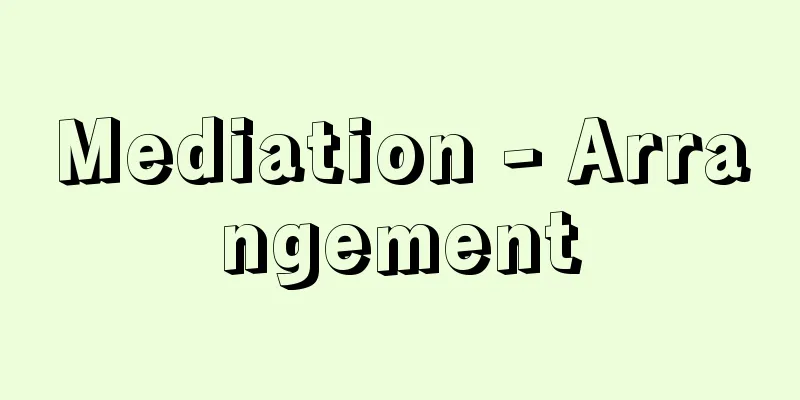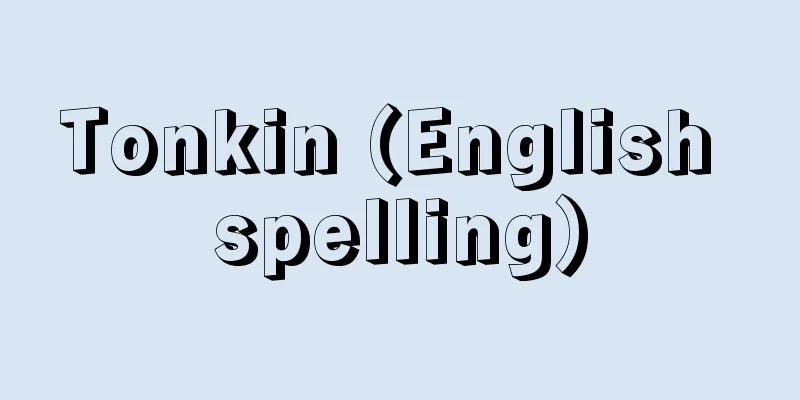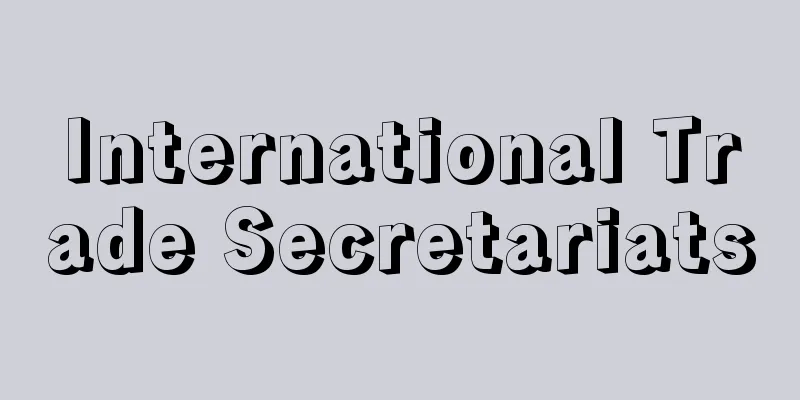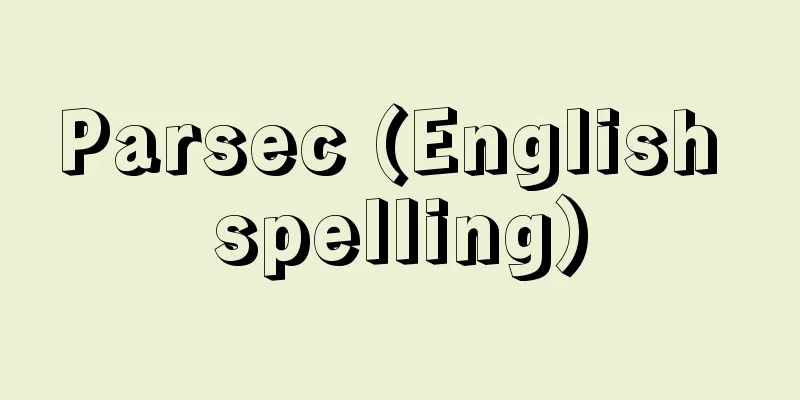Mediation - Arrangement

|
Under the Labor Law, in the event of a labor dispute, a mediator appointed by the chairman of the Labor Relations Committee stands between labor and management to ascertain the main points of their arguments and provide advice and other assistance to move in the direction of resolving the dispute. The mediator is appointed from a list of mediator candidates prepared in advance by the Labor Relations Committee. The mediator candidates must be academically educated and able to give appropriate advice on resolving labor-management disputes. There are other methods of dispute adjustment, such as mediation, conciliation and arbitration. Of these, mediation is the simplest procedure, and can be started upon application by both labor and management, or upon application by one of the labor and management parties or by the authority of the chairman of the Labor Relations Committee. There is also no need to present a unique resolution proposal. However, in practice, a mediation proposal is often presented. Acceptance or refusal of this is optional. The method of mediation is left to the discretion of the mediator, but the aim of the procedure is to suppress undue intervention and pursue independent dispute resolution. Mediation procedures, along with conciliation and arbitration, are stipulated in the Labor Relations Adjustment Act (in the case of labor-management disputes within administrative execution corporations, the Act on Labor Relations of Administrative Execution Corporations). In terms of public law, the Pollution Dispute Resolution Law allows the parties involved in pollution-related disputes to apply for mediation to the Pollution Adjustment Committee, the Prefectural Pollution Review Board, or the Prefectural Union of Pollution Review Boards. In addition, the Land Expropriation Law allows for the application of a mediation committee to the prefectural governor when the parties are unable to reach an agreement on the acquisition of land necessary for roads or other public works. Furthermore, the Consumer Basic Law requires that local governments endeavor to mediate the resolution of complaints between businesses and consumers in order to ensure that such complaints are resolved appropriately and promptly. [Mikio Yoshida] [Reference items] | | | | | | | | |Source: Shogakukan Encyclopedia Nipponica About Encyclopedia Nipponica Information | Legend |
|
労働法上は、労働争議に際し、労働委員会の会長の指名する斡旋員が労使の間に立って双方の主張の要点を確かめ、紛争の解決の方向に歩み寄るよう助言その他の援助活動をすることをいう。斡旋員は労働委員会があらかじめ作成しておいた斡旋員候補者名簿のなかから指名される。斡旋員候補者は学識経験者で、労使紛争の解決に適切な助言のできる者でなければならない。争議調整の方法には、斡旋のほかに調停、仲裁がある。これらのなかで斡旋はもっとも簡単な手続であり、労使双方の申請があればもちろん、労使の一方の申請または労働委員会の会長の職権によっても開始される。また、独自の解決案を提示する必要もない。ただし、実際には斡旋案の提示がなされる場合が多い。この諾否は任意である。斡旋の仕方は斡旋員の自由にまかされているが、不当な介入は抑制し自主的な争議の解決を追求することが手続のねらいである。斡旋手続は調停、仲裁とともに労働関係調整法(行政執行法人の労使紛争の場合は、行政執行法人の労働関係に関する法律)で規定されている。 公法上では、公害紛争処理法に基づき、公害にかかわる紛争の場合に、当事者は公害調整委員会または都道府県公害審査会または都道府県連合公害審査会に対し斡旋を申請することができる。また、土地収用法に基づき、道路その他公共事業に必要な土地等の取得につき、当事者の合意が成立しないとき、都道府県知事に申請して斡旋委員による斡旋を受けることができる。さらに、消費者基本法に基づき、地方公共団体は、事業者と消費者との間に生じた苦情が適切かつ迅速に処理されるようにするため、苦情の処理の斡旋等に努めなければならない。 [吉田美喜夫] [参照項目] | | | | | | | | |出典 小学館 日本大百科全書(ニッポニカ)日本大百科全書(ニッポニカ)について 情報 | 凡例 |
>>: Assen - Mediation (English spelling) Assen
Recommend
Deutsche Bioskop (English)
...However, early German films were not worth see...
Ganja (plant) - Ganja
… [Mitsuru Hotta] [Cannabis Addiction] It refers ...
Interpreter - Interpreter
Software that converts source code in an interpret...
Cyanide poisoning
Poisoning caused by hydrocyanic acid (hydrocyanic...
Celebration of Oei-mochi - Celebration of Oei-mochi
…In Takayama Village, Agatsuma County, Gunma Pref...
Lady Kasui
…In the 8th to 9th century, Wang Jian of the midd...
Search book - Search book
A report written by a spy. During the Ansei Purge ...
Soybean - Glycine max; soybean; soya bean
An annual plant of the legume family. It is one of...
Forestry management - forestry management
Japan's forests are divided into national fore...
Kipchaq Khanate - Kipchaq Khan (English spelling) Qipchaq Khān
A nomadic state that was established when the terr...
Hippias (English spelling)
[Born] Around 560 B.C. Died 490 BC. Lemnos? Ancien...
Diary of a Voyage to America - Kobe
This is a record written by Tamamushi Sadayu Yasus...
Mask-like facial features
…It begins in middle age and progresses gradually...
Puna de Atacama (English spelling)
A plateau in the Andes that stretches from norther...
Scirpus mitsukurianus (English spelling) Scirpus mitsukurianus
…[Tetsuo Koyama]. … *Some of the terminology that...









